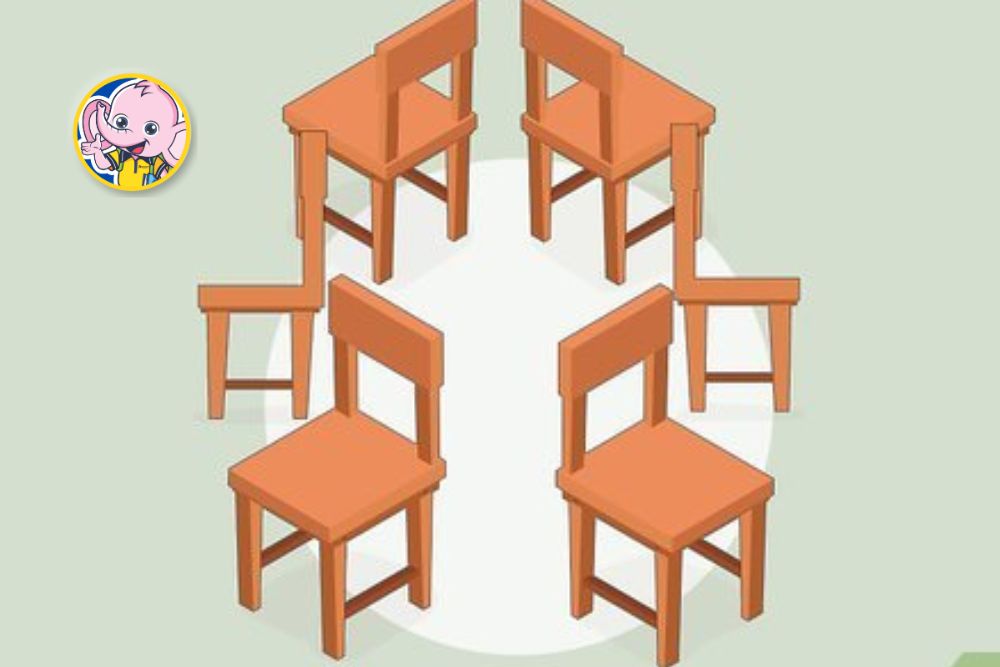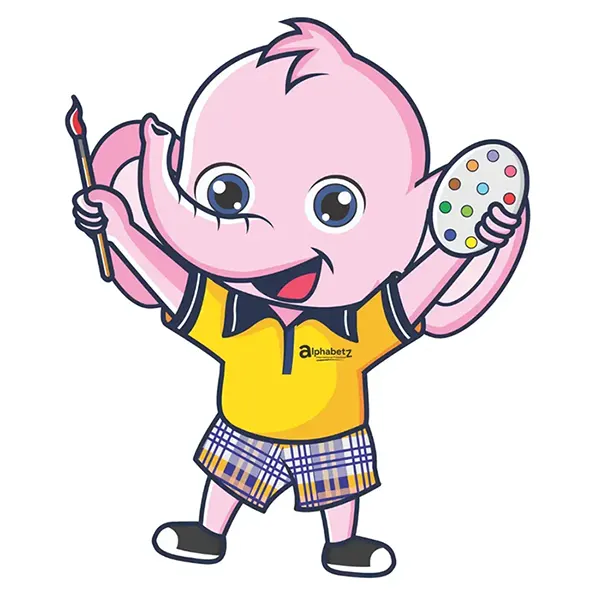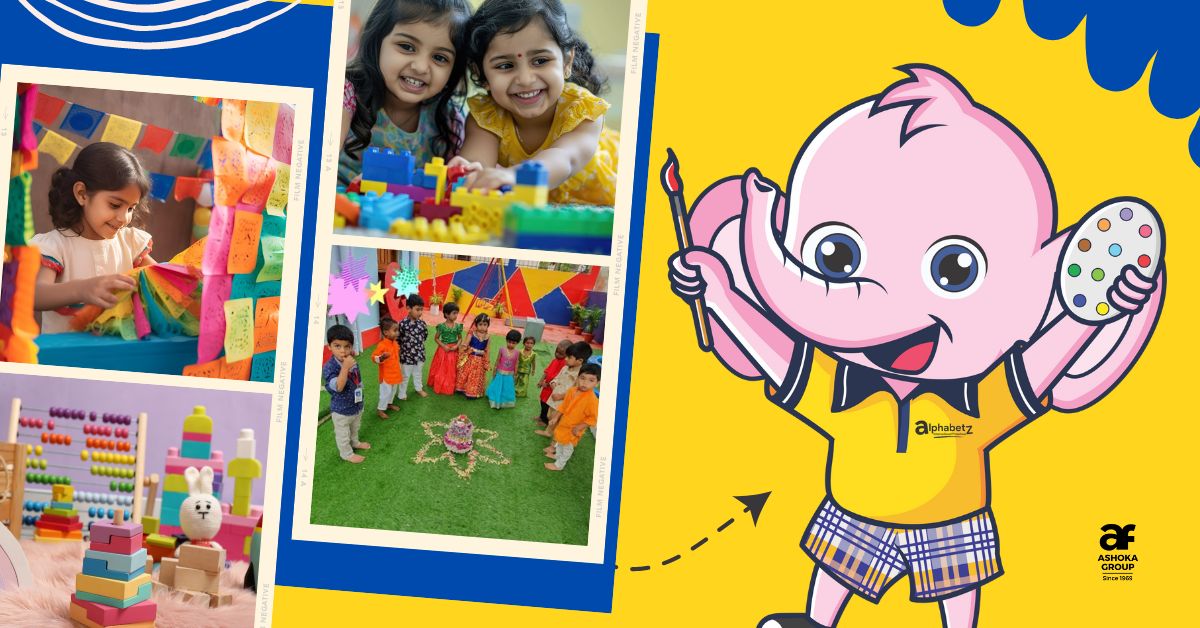Corporate Office
-
309, Kabra Complex, M.G.Road, Hyderabad 500003, Telangana India
- +91 9044439044
- info@alphabetz.in

Musical Chairs Game with a Twist Creative Versions for All Ages
Musical chairs isn’t just a game; it’s a dynamic activity that can be molded to fit any age group, bringing laughter and excitement to both classrooms and parties. Traditionally enjoyed by children, this game also holds potential as an engaging tool for learning and social interaction among adults. In this blog, we explore unique and educational twists to the classic game of musical chairs, adapting it to various age groups and learning environments.

Why Revamp Musical Chairs? Musical chairs offers numerous educational benefits that extend beyond simple entertainment. For young children, it enhances motor skills as they navigate around a circle of chairs, and it sharpens auditory skills as they respond to the starting and stopping of music. For older participants, it introduces an element of strategic thinking and decision-making. Adding a creative twist to traditional musical chairs not only revives an old favorite but also multiplies these cognitive and physical benefits, making the game more inclusive and educational.
Musical Chairs Variations for Preschoolers Preschoolers are energetic and curious, and the game can be a wonderful tool for channeling their energy and curiosity into learning:
Musical Shapes: Instead of chairs, use colored mats or carpets cut into different shapes. Play music and have the children find a shape to stand on when the music stops. This variation helps children learn to identify shapes and colors.
Freeze Dance Chairs: Combine musical chairs with freeze dance to help children improve their motor coordination. Children dance while the music plays and find chairs when it stops. Instead of removing chairs, use gentle cues to encourage children to share chairs, promoting teamwork and social skills.
Musical Numbers: Place numbers on each chair and when the music stops, call out a number. The child who sits on the chair with the called number can perform a fun activity or win a small prize. This version helps with number recognition and listening skills.
Musical Chairs for Older Children and Adults As children grow, musical chairs can be adapted to challenge their developing skills or even be tailored for adult participants in team-building exercises:
Musical Puzzle Chairs: Each chair has a piece of a puzzle. As the game progresses, participants collect pieces and start assembling their puzzles when they're out of the game. This adds a cognitive challenge and a sense of accomplishment beyond winning or losing.
Role-play Musical Chairs: This twist involves role-playing scenarios each time the music stops. It can be used as an ice-breaker or a light-hearted team-building activity in corporate settings. Each chair could represent a different character or scenario, encouraging creativity and quick thinking.
Cultural Musical Chairs: For a classroom learning about different countries, each chair can represent a different country. When the music stops, participants must say one fact about the country they land on. This variation is educational and expands cultural awareness.
Also Find: Discover Effective Line Name for Nursery Class
Tips for Organizing Musical Chairs in Educational Settings Effective organization is key to the success of these games:
Safety First: Always ensure the play area is safe and free from obstacles. Use sturdy chairs and arrange them securely to prevent tipping.
Inclusive Play: Modify the game to include children of all abilities. Use visual cues in addition to auditory ones for children with hearing impairments.
Facilitator Involvement: Actively participate by narrating the game, offering encouragement, and making sure all children feel included, regardless of whether they find a chair.
Also Find: Alphabetz Preschool in Rajasthan.
Conclusion: Musical chairs, with a little creativity, can be much more than a children’s game. It can be a multifaceted activity that enhances learning, fosters social skills, and brings joy to participants of all ages. By adapting the game to fit educational themes or specific learning outcomes, educators and facilitators can provide enriching experiences that participants will remember and appreciate.
Call to Action: We’d love to hear how you have used these ideas in your own settings! Share your experiences or any additional twists you’ve discovered in the comments below. Let’s continue to innovate and enrich this classic game together!

Alphabetz Preschool India
Welcome to the Alphabetz Preschool blog! Here, we delve into the exciting world of early childhood education through our innovative Alphabetz Franchise. Our program stands out with its focus on cutting-edge educational technology and a curriculum aligned with international standards, ensuring a holistic development approach. We equip our franchisees with extensive support and training, making the setup process smooth and efficient. Explore insights into running a successful preschool and discover how our franchise could be your next great business opportunity. Join us in shaping the future of education.










